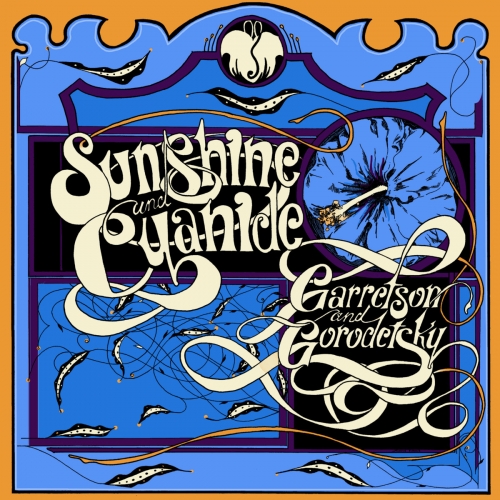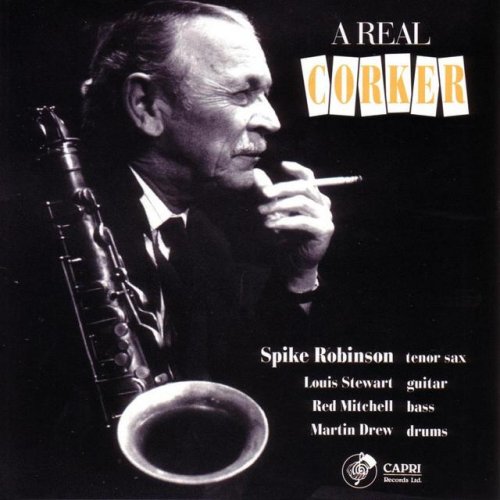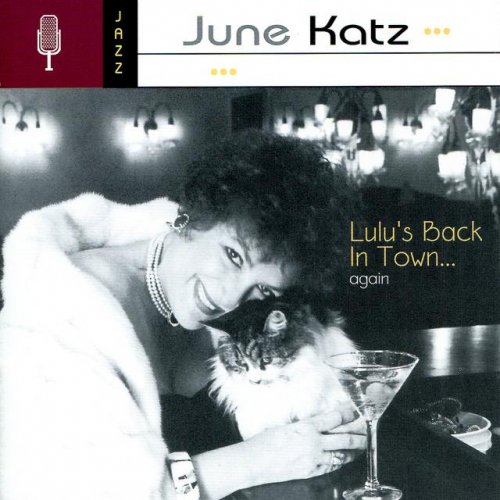Yelena Eckemoff - Forget-me-not (2011)
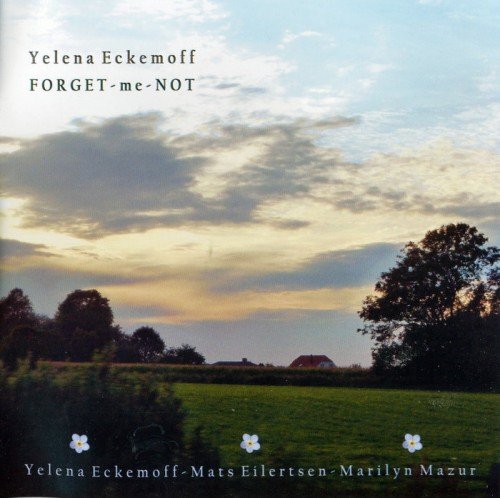
Artist: Yelena Eckemoff
Title: Forget-me-not
Year Of Release: 2011
Label: L&H Production
Genre: Contemporary Jazz
Quality: FLAC (tracks+.cue, log)
Total Time: 1:12:03
Total Size: 52:12
WebSite: Album Preview
Tracklist: Title: Forget-me-not
Year Of Release: 2011
Label: L&H Production
Genre: Contemporary Jazz
Quality: FLAC (tracks+.cue, log)
Total Time: 1:12:03
Total Size: 52:12
WebSite: Album Preview
01. Follow the Light (2:38)
02. Spoken in Two (Tear) (2:56)
03. For Love (3:57)
04. My Mother's Handful of Tea (3:35)
05. Only the Shadow Knows (Honey) (4:57)
06. Body & Soul with Intimate Friends (Shadow) (3:06)
07. Dawns after the Dream (2:13)
08. Bee Mantra (Honey) (3:23)
09. How much more terrible was the Night (3:13)
10. The only morning coming (Tear) (2:34)
11. Hum then Sing then Speak (5:17)
12. Toni Morrison said Black is a Rainbow (Shadow) (4:24)
Russian-born pianist Yelena Eckemoff comes from a diverse artistic background. Having studied both classical and jazz, she has performed in concert halls and with experimental jazz/rock ensembles. This versatility is on display on Forget-me-not, a disc comprised of ten original compositions with a unifying theme: a floating, dreamy atmosphere filled with cerebral and stimulating tone poems.
Eckemoff weaves her different influences into her improvisations with seamless ease. The title track opens with inimitable percussionist Marilyn Mazur's sparse cymbals followed by her insistent drum beats that give way to Eckemoff's contemplative and jazzy piano and Mats Eilertsen's dissonant pizzicato bass. The track progresses to almost a ragtime, albeit with a modern bite, and ends as a melancholic, classically inspired serenade played by Eilertsen's cello-like bowing over Eckemoff's and Mazur's hypnotic notes.
"Maybe" opens with Eilersten strumming the bass like an oud, giving it Levantine flair. Eckemoff's lyrical piano and Mazur's gentle brushwork and reserved, but confident cymbals build a complex improvisation that moves more westward, with occasional bursts of intense percussion and edgy bass hinting at freer sounds. Eilersten and Eckemoff's closing duet, however, brings back the eastern mystique to the melody.
This thematic circularity is heard elsewhere, such as the theatrical "Trapped in Time," with its advanced harmonic explorations. Mazur's primitive percussion and Eckemoff's bluesy piano burst forth from the seemingly unstructured, collective extemporization that opens the tune. As the piece evolves, it takes on the guise of an intricate yet relatively traditional piano trio work before returning to the earlier, avant-garde style.
The members of the trio exhibit sublime camaraderie without sacrificing their individuality. Mazur's furious drumming complements Eckemoff's nocturne-esque piano lines on "Five," and contrasts well with Eilertsen's intensely mellifluous bass. Their swinging interplay is somewhat boppish on the otherwise baroque "Seven," with its repetitive motifs.
An exciting composer and improviser, Yelena Eckemoff has produced a thought provoking and engaging record that fuses multiple musical currents into a unique whole.
Eckemoff weaves her different influences into her improvisations with seamless ease. The title track opens with inimitable percussionist Marilyn Mazur's sparse cymbals followed by her insistent drum beats that give way to Eckemoff's contemplative and jazzy piano and Mats Eilertsen's dissonant pizzicato bass. The track progresses to almost a ragtime, albeit with a modern bite, and ends as a melancholic, classically inspired serenade played by Eilertsen's cello-like bowing over Eckemoff's and Mazur's hypnotic notes.
"Maybe" opens with Eilersten strumming the bass like an oud, giving it Levantine flair. Eckemoff's lyrical piano and Mazur's gentle brushwork and reserved, but confident cymbals build a complex improvisation that moves more westward, with occasional bursts of intense percussion and edgy bass hinting at freer sounds. Eilersten and Eckemoff's closing duet, however, brings back the eastern mystique to the melody.
This thematic circularity is heard elsewhere, such as the theatrical "Trapped in Time," with its advanced harmonic explorations. Mazur's primitive percussion and Eckemoff's bluesy piano burst forth from the seemingly unstructured, collective extemporization that opens the tune. As the piece evolves, it takes on the guise of an intricate yet relatively traditional piano trio work before returning to the earlier, avant-garde style.
The members of the trio exhibit sublime camaraderie without sacrificing their individuality. Mazur's furious drumming complements Eckemoff's nocturne-esque piano lines on "Five," and contrasts well with Eilertsen's intensely mellifluous bass. Their swinging interplay is somewhat boppish on the otherwise baroque "Seven," with its repetitive motifs.
An exciting composer and improviser, Yelena Eckemoff has produced a thought provoking and engaging record that fuses multiple musical currents into a unique whole.

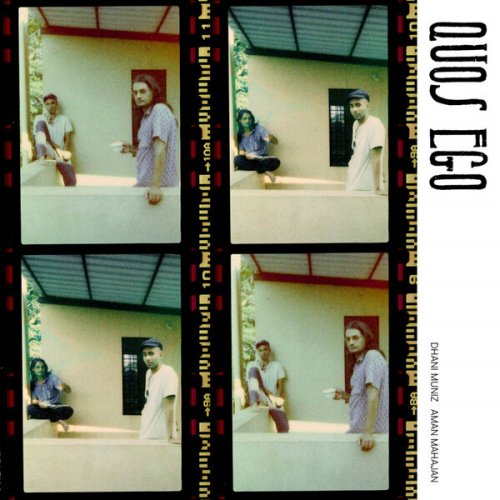
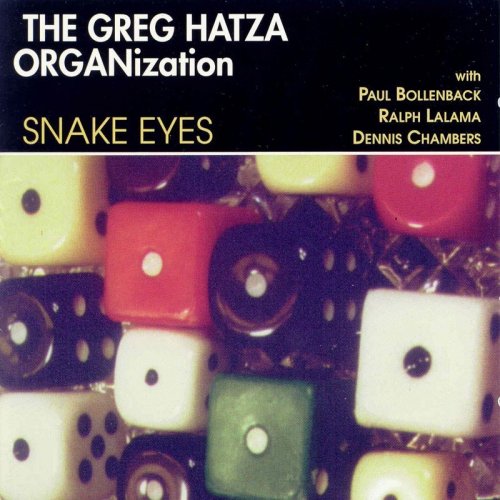
![Eero Koivistoinen - For Children (1970) [2006] Eero Koivistoinen - For Children (1970) [2006]](https://www.dibpic.com/uploads/posts/2026-02/1771615516_ff.jpg)
